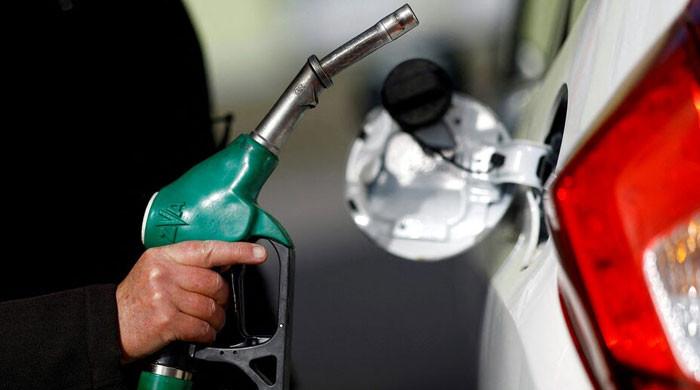UK water bills to rise drastically above inflation in April
UK water, sewage bills are expected to rise by 6% amid inflation
February 02, 2024

UK campaigners are criticising water firms for predicting typical home bill elevations in April that will be higher than the current inflation.
According to providers' trade group Water UK, the average yearly water and sewerage bill in England and Wales is predicted to increase by 6%, or £27 to £473.
In addition, water and waste charges in Scotland will increase by 8.8%, or £36.
After sewage was dumped into rivers, water companies came under heavy criticism, according to BBC.
"Next year will see record levels of investment from water companies to secure the security of our water supply in the future and significantly reduce the amount of sewage in rivers and seas," said David Henderson, chief executive of Water UK.
He said: "Companies in England and Wales would invest more than £14.4bn in the next financial year, the highest annual investment on record."
Giles Bristow, chief executive of the Surfers Against Sewage charity, described it as "a small first step of what will be a very long road to recovery".
He said: "This is a signal that the water industry is at last, perhaps, waking up to the sheer scale and extent of the sewage scandal and the chronic state of our water system in the UK."
Companies determine the average predicted bill, which will be higher than the most recent inflation rate of 4%, which represents increases in general prices. Because of regional differences and usage patterns for individuals on the metre, actual individual bills may fluctuate dramatically.
Wessex Water and Anglian Water will have the highest average costs in England and Wales, rising to £548 and £529, respectively, while Northumbrian customers will see the lowest average bills, coming in at £422.
The regulator, Ofwat, informed some businesses last year that they would have to restrict increases since they had failed to meet important goals related to leaks, supply, and pollution reduction.











